Off-screen punk: photographing with punk
Étienne Renzo enjoys taking portraits of punks. He began long before festive gatherings such as the "grosse entube", which he hosted at his aerodrome. Touched by the commitment, critical derision, but also by the creativity and humanity of the neo-keupons, he set out to meet them in their unlikely living spaces. His idea was to conduct "photographic interviews", which would become a real artistic project.
Portraits
Punk in everyday life
Art and celebration
Photographic interviews
Etienne Renzo is well acquainted with the spirit and history of the punk movement, which he saw emerge in the 1970s, sharing some of its rebelliousness and values in the face of excessive capitalism. As a self-taught photographer, he flirted with community life and grew up with punk, remaining attentive to its alternative developments. This was particularly true in rural areas, where he himself chose to live a certain way of life.
This is why the Punk Project is more the continuation of a commitment than the product of a reportage. Even if the images and words collected reveal new facets of a movement that is still alive and more relevant than ever. Both from an ontological and anthropological point of view, when it is emotions, existences, ways of being and surviving that are at stake above all else.
So much so that punk culture, which is celebrating its 50th anniversary this decade, takes on a particular meaning and significance here. It appears first and foremost as a historical inevitability through its relevance, which foreshadows today's environmental and societal awareness. It is like a prophetic and visionary warning against the excesses of neoliberalism, which emerged from Thatcherism in the late 1970s and has now become a global phenomenon. So much so that this deregulated civilisation now embodies the "No Future" it denounced, in a lasting threat to the very habitability of this world.
Seeing and revisiting punk with Étienne Renzo is something of an exorcism, an antidote and a cure. For "Punk hors-champ" also addresses the subtle dimensions of the punk soul and spirit with its cultural and psychosocial realities. If only to thwart the deleterious collusion between consumerist individualism and digital narcissism, which is becoming the norm to the detriment of collective and environmentalist empathy. Punk hors-champ also allows itself to explore the esoteric and spiritual dimensions that are invisible and rarely mentioned, yet which are important to many of its protagonists. It is then that the dive into punk cosmology takes on the aspect of a quest rather than an investigation. An initiatory quest into the heart of a damaged humanity. But to better find oneself.
The exhibition and publication
From its beginnings in the years 1976-1980, punk feigned stupidity and claimed a certain "cultural illiteracy" that contrasted with the power to act that it concealed. Identified in the collective imagination with the aesthetics of an iconoclastic musical genre, punk is also a protest movement, promoting political and social values ranging from anti-authoritarianism to "do-it-yourself". Punk evolved alongside the social divisions it continually denounced. This is why it is still relevant today and of definite critical utility in an era of widespread individualism and neglect of collective causes.
Although it originated in urban areas, the punk movement is far from having disappeared from the landscape. This is particularly true in rural areas, where punk culture seems to have taken root for good. Not far from the ZAD phenomenon and other forms of alternative living. Even when they take a back seat, punks are still at the forefront with a duality that Etienne Renzo captures so well. On the one hand, there is a cheerful, benevolent, even playful side, as befits a party! The party as a ritual of subversion and collective brotherhood. And on the other hand, there is a commitment to radical lifestyle choices. Visionary choices with regard to issues of degrowth, anti-consumerism and solidarity. Not to mention the nomadic dimension of punk, which can nevertheless settle down in the city or the countryside, parking its truck in a wasteland, a squat, a wood or a farmyard.
Étienne Renzo's approach here is to show the full humanity and relevance of these individual and collective experiences. He also seeks to convey their message by bearing witness to a cultural and social reality whose invisibility is, for most of them, desired and accepted. Disappearing from society's radar appears to be a radical and subversive option, given the existential modes and codes of presentification of our time. This voluntary erasure, which limits the possibility of photographing these communities and their living spaces to a few close acquaintances, makes these images all the more precious and meaningful.
Étienne Renzo's approach consists first and foremost of restoring a presence and a voice to the key players in punk culture. His project extends the exchanges he has always had with them, through images and text in what he calls "photographic interviews". The process begins with taking photographic portraits in situ, either posed or candid shots taken in the subjects' living or working environments. Comments are gathered at the same time, in the form of flash interviews, based on a few questions drawn at random from a set of cards designed especially for the project. It's like fortune telling. The images and comments are captured during the exchange and then transcribed. With the agreement of the participants, these images and texts are processed for exhibition and publication. They may or may not be combined, depending on the terms of publication and exhibition.
Étienne Renzo's integration into the punk scene has given him access to a large number of individuals and communities formed in networks that are not typically urban. This could extend to urban contexts through various squats or communities that he also plans to visit in Drôme, the Massif Central, Brittany and the south-west. Étienne Renzo began his quest almost three years ago and will continue it by visiting the four major regions of France, as well as Europe, where he also has contacts.
The aim is to present series of colour or black and white photographs. The plan is to hold the first exhibitions in 2025 in order to build partnerships for the publication of a book. Post-production work on the photos and texts will be carried out as the interviews progress. New interviews may also be conducted within the regional perimeter of the exhibition venues. The presentations will combine different types of prints, framing and hanging depending on the exhibition spaces. This will ensure that the exhibition design responds to the configuration of the venues.
The publication will cover the main themes of the series, including portraits, scenes from everyday life and context, as well as the artistic and festive creativity that is often inseparable from it. In particular, it will feature the "grosse entube" demonstration, one of the origins of this project. The publication will give pride of place to punk habits and their different levels of material and immaterial reality. The comments will be reproduced with a minimum of standardisation, even if they are critical and rebellious, or even approximate from the point of view of syntax and spelling rules. The book may be supplemented by external contributions reflecting the full scope and diversity of the issues surrounding the punk phenomenon.
The release of a collective work, "Penser avec le Punk"* (Thinking with Punk), coordinated by music critic and philosopher Catherine Guesde, convinced Étienne Renzo that he needed to develop and showcase his project. Like this publication, he does not seek to "convert this subversive subculture into a philosophical system", but rather to show "the fruitful links between punk and animal ethics, deep ecology, feminism, or, more unexpectedly, spirituality". More specifically, Étienne Renzo's photographic interviews aim to extend the scope of punk to the field of photography itself. With a view, perhaps, to a convergence of their respective commitments within a punk photography that remains to be invented.
© copyright etienne renzo - all rights reserved
Punk Off Camera: Taking Photographs with Punk
This site does not place any trackers on your devices.
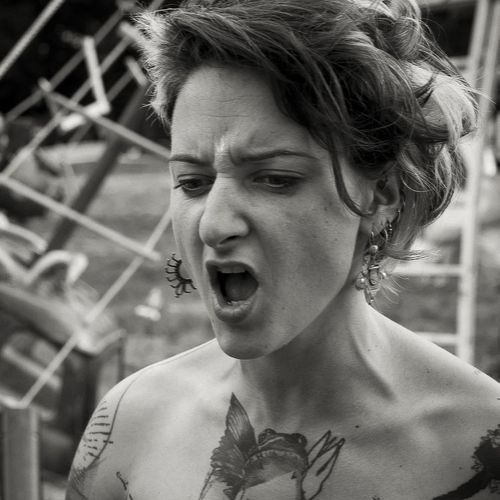
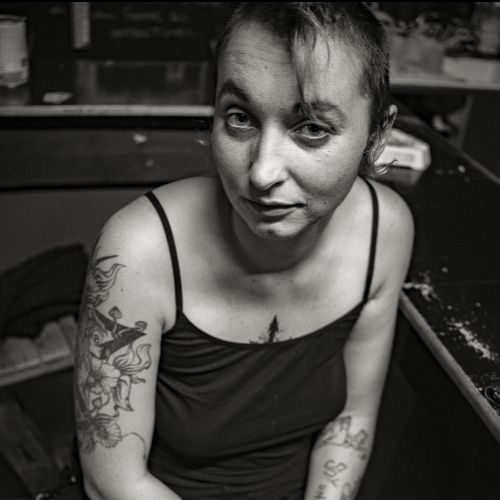
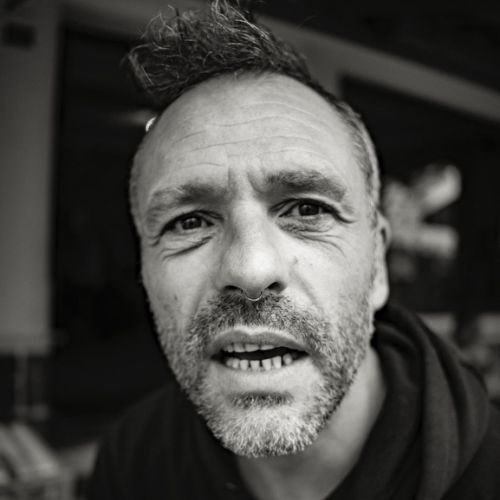
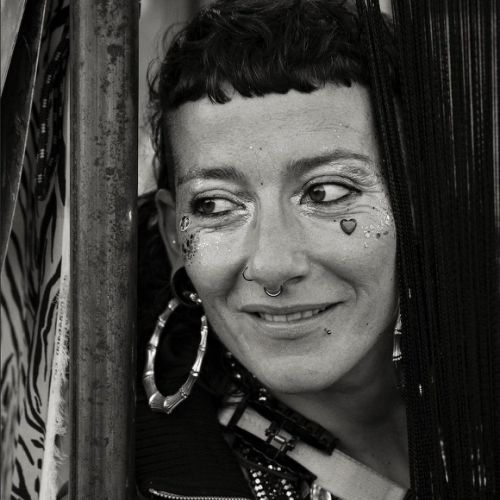
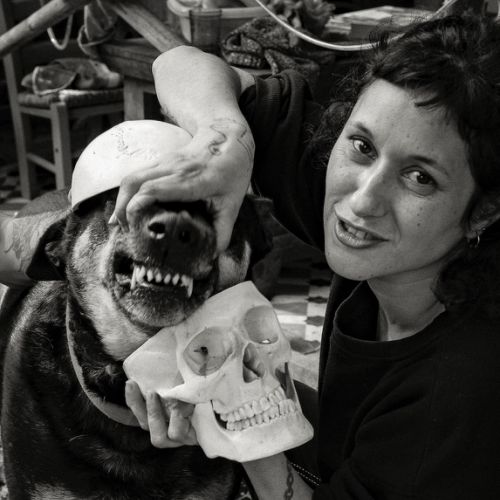
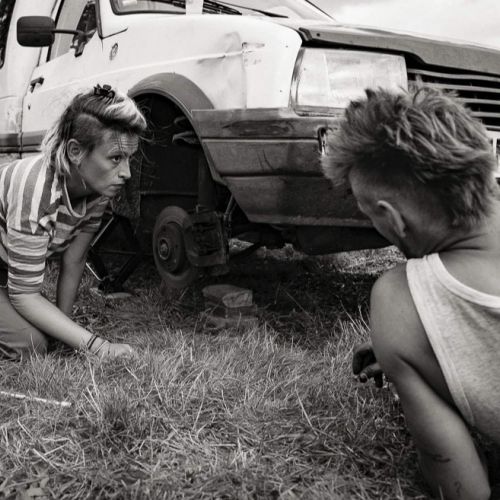
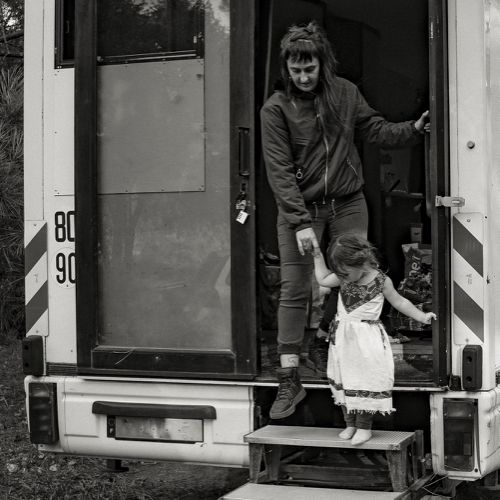
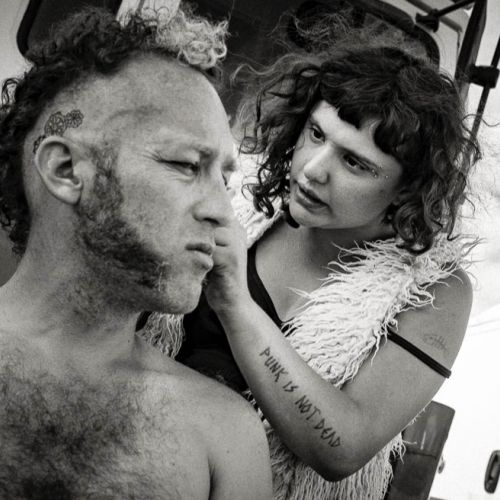
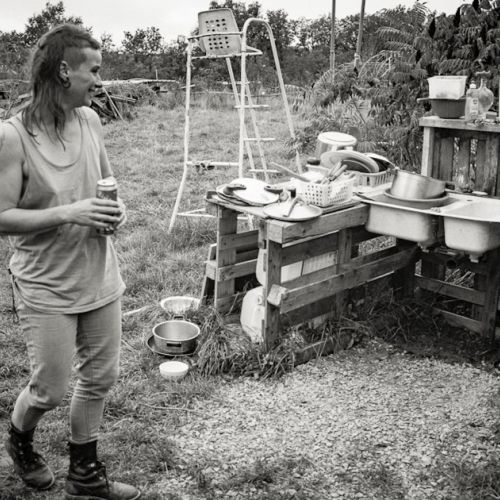
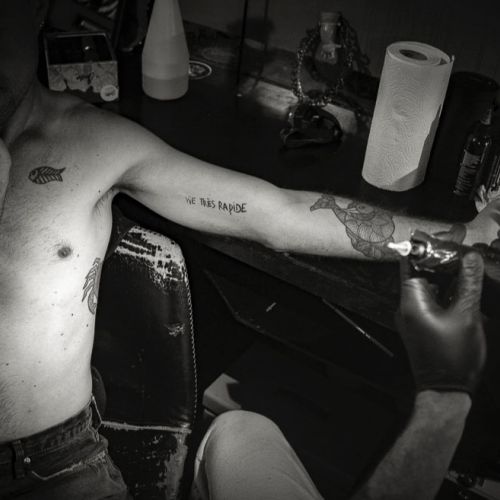
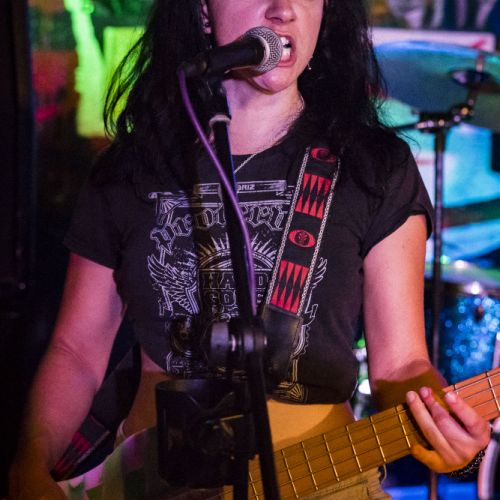
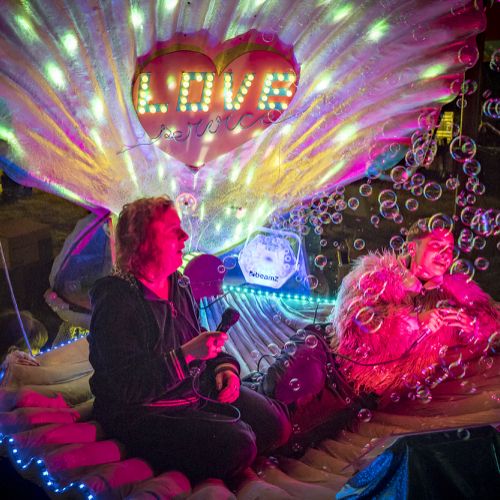
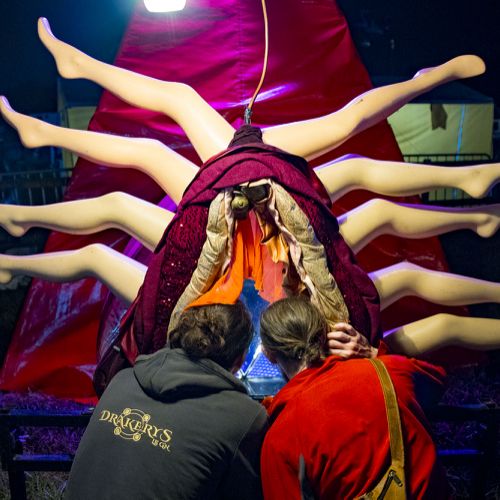
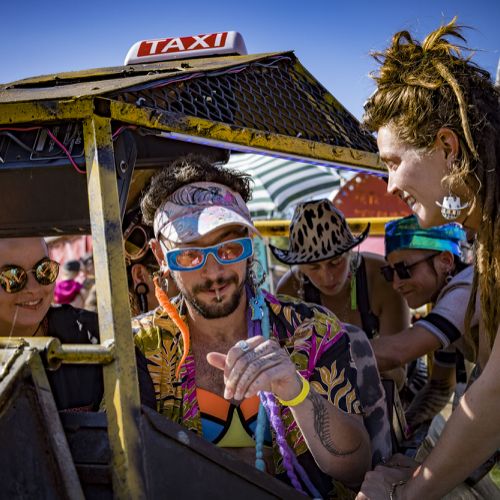

.jpg?t=476a9a76_2a6e1738)
.jpg?t=476a9a76_2a6e1738)
.jpg?t=476a9a76_2a6e1738)
.jpg?t=476a9a76_2a6e1738)
.jpg?t=476a9a76_2a6e1738)